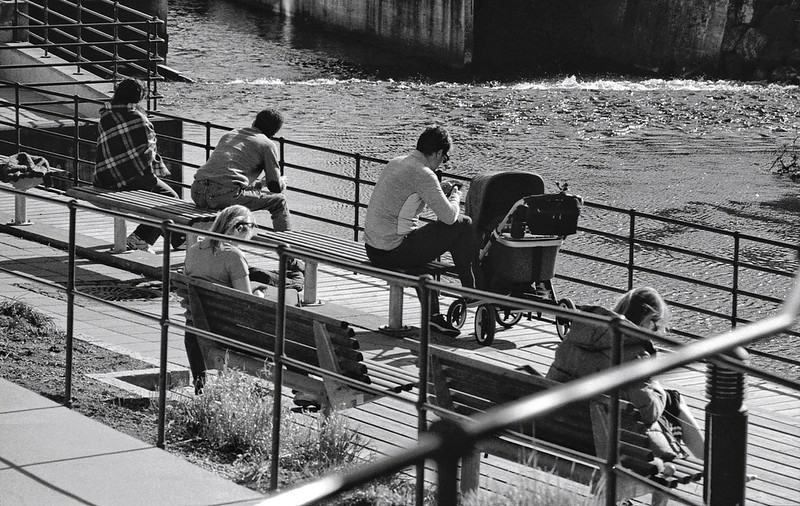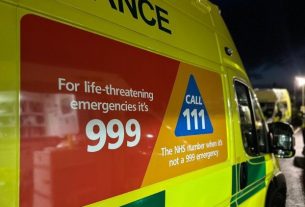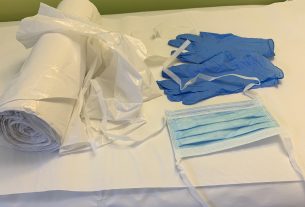A few short weeks into coronavirus restrictions, people are getting restless. Apart from the devastating economic effect of the lockdown, its impact on mental health, victims of domestic abuse, and people suffering from non-COVID19 illnesses have been devastating. Already, authorities in many European countries have begun easing restrictions, and in the UK, too, experts are drawing up a map for life after lockdown. Is the way we currently live to be the new normal?
Before restrictions ease, the UK must pass the five tests
During the government coronavirus briefing on Tuesday, foreign secretary, Dominic Raab, confirmed that the current measures would remain in place until the 7 May. Before the government could safely ease the lockdown, the UK must pass the five tests he outlined during the press conference. These include:
- The UK government must be confident of the NHS’s ability to cope, meaning sufficient capacity in ICU and critical care across the UK.
- The UK needs to see a “sustained and consistent fall in the daily death rates from coronavirus, so we are confident that we’ve moved beyond the peak.”
- The UK needs “reliable data from SAGE showing that the rate of infection is decreasing to manageable levels across the board.”
- The UK needs to “be confident that the range of operational challenges, including testing capacity and PPE, are in hand with supply able to meet future demand.”
- Lastly, the UK must be “confident that any adjustments to the current measures will not risk a second peak of infections that overwhelm the NHS.”
Life after lockdown – what the new normal could look like
Social distancing measures will remain in place for quite some time in all likelihood until scientists have developed a vaccine. As governments across the globe begin lifting restrictions, workplaces, businesses, families, and communities will have to make the necessary adjustments.
Supermarkets and essential businesses are already operating under social distancing rules. Any company reopening will need to put in place a system that allows staff and customers to maintain the physical distance, we’re now familiar with.
Non-essential shops, offices, and factories will be able to start operating again as long as staff and customers are two metres apart. Shops may restrict the number of people they allow to enter their premises while production facilities may operate with only a segment of their workforce.
Restaurants and cafes will need to stick to the same guidelines while services such as hairdressers and beauticians may also need to wear masks.
The availability of hand sanitizers alongside a strict constant cleaning routine is also among the likely features of life after a lockdown in any setting.
At some point, travel will recommence, but here too, infection prevention measures will remain in place. The UK may impose a 14-quarantine stipulation on anyone travelling to Britain. Some airlines have suggested leaving the middle seat empty to reduce the infection risk to staff and passengers.
A return to full classrooms is also unlikely in the UK for quite some time. Schools may in the future reopen but educate kids in small groups again to adhere to social distancing rules.
Different countries – different rules, in Switzerland, kids under ten can hug their grandparents again
As the UK spends at least another week in lockdown, many countries have already lifted some of their restrictions. Following scientific advice, governments are adjusting measures, each country forging its path out of lockdown.
Take Switzerland, scientists there now believe that children under ten do not spread the virus, hence in Switzerland, grandparents are allowed to hug them again. According to the Swiss infectious diseases chief, Daniel Koch, “young children are not infected and do not transmit the virus. They just don’t have the receptors to catch the disease.”




